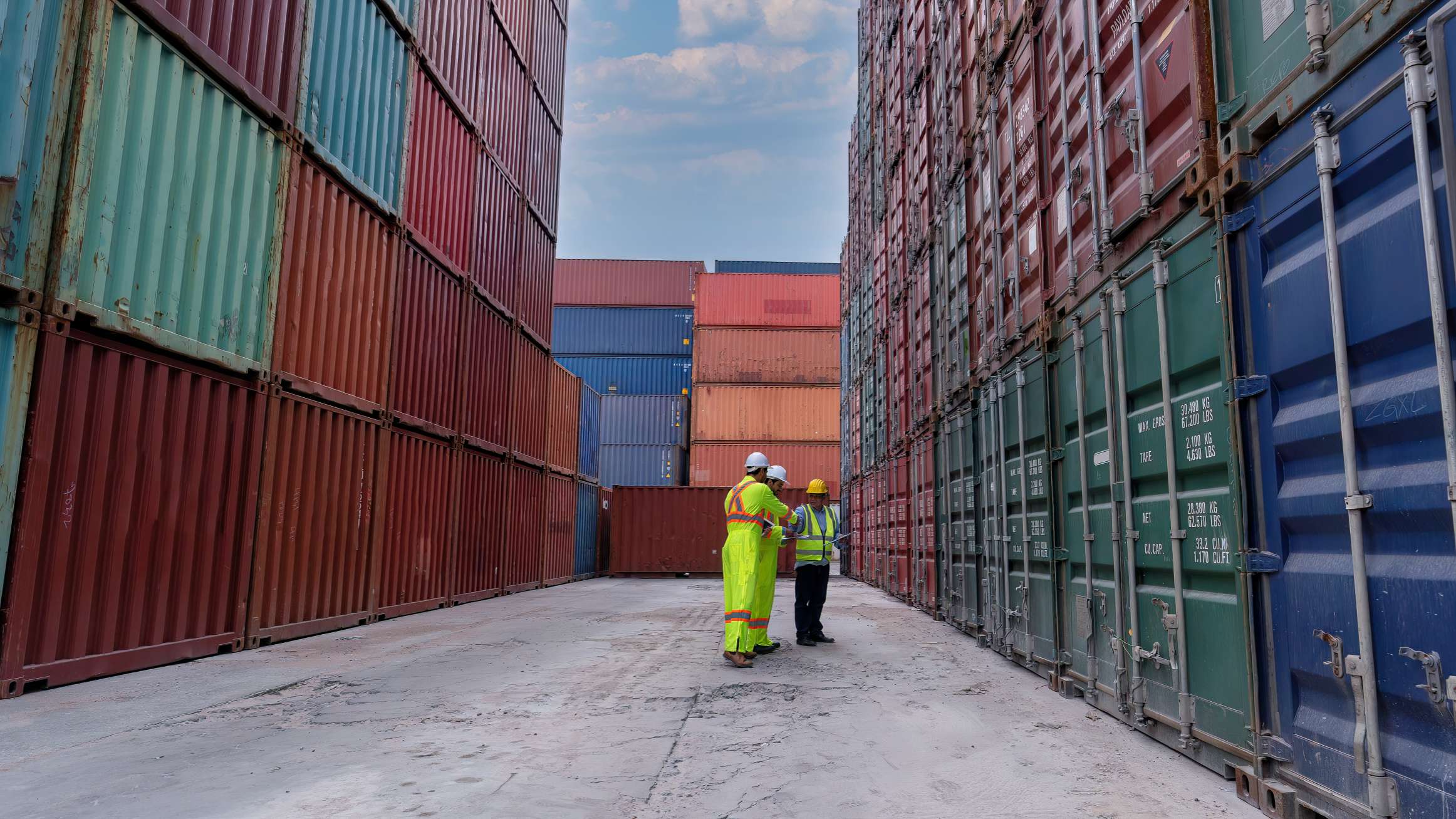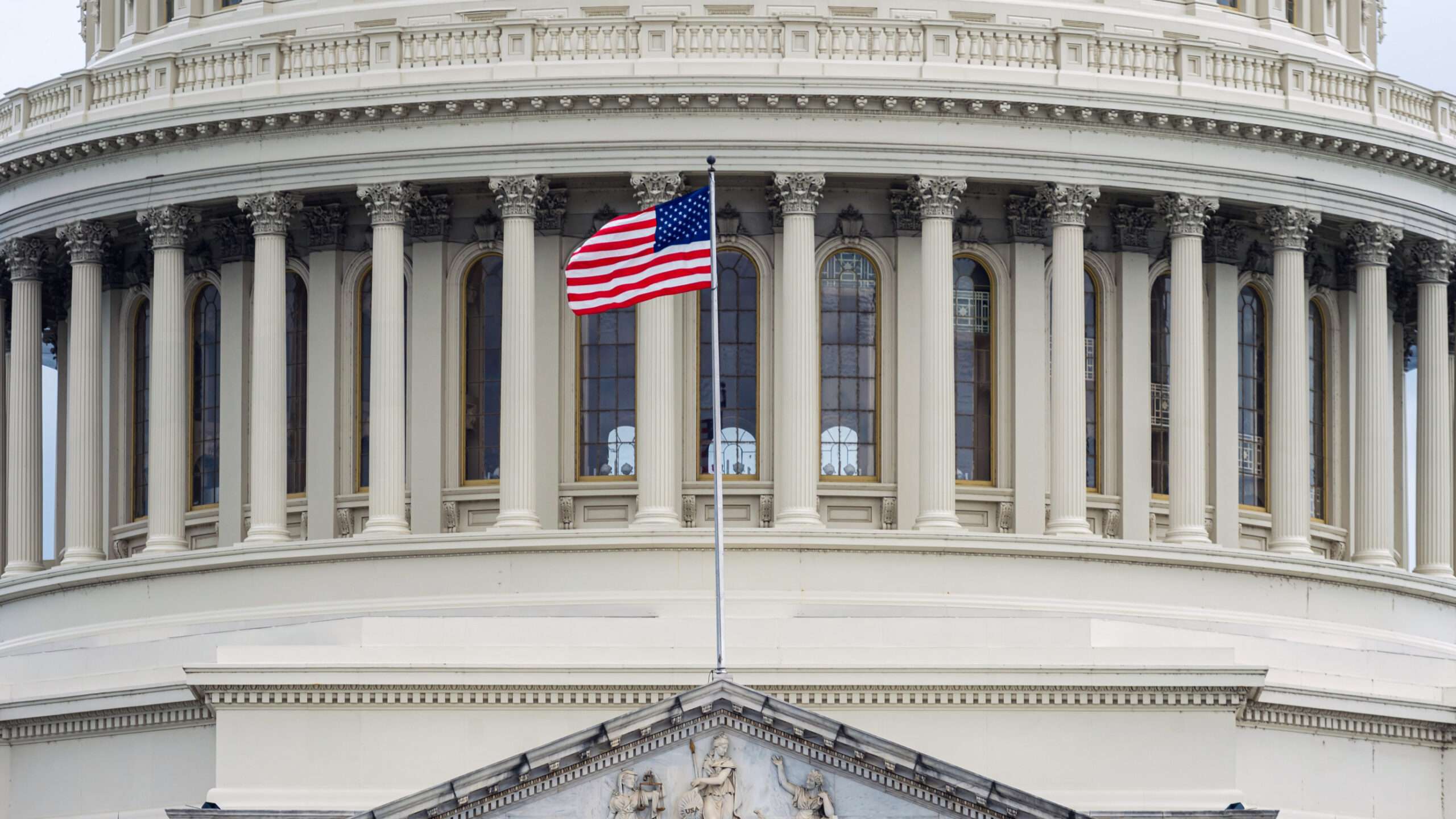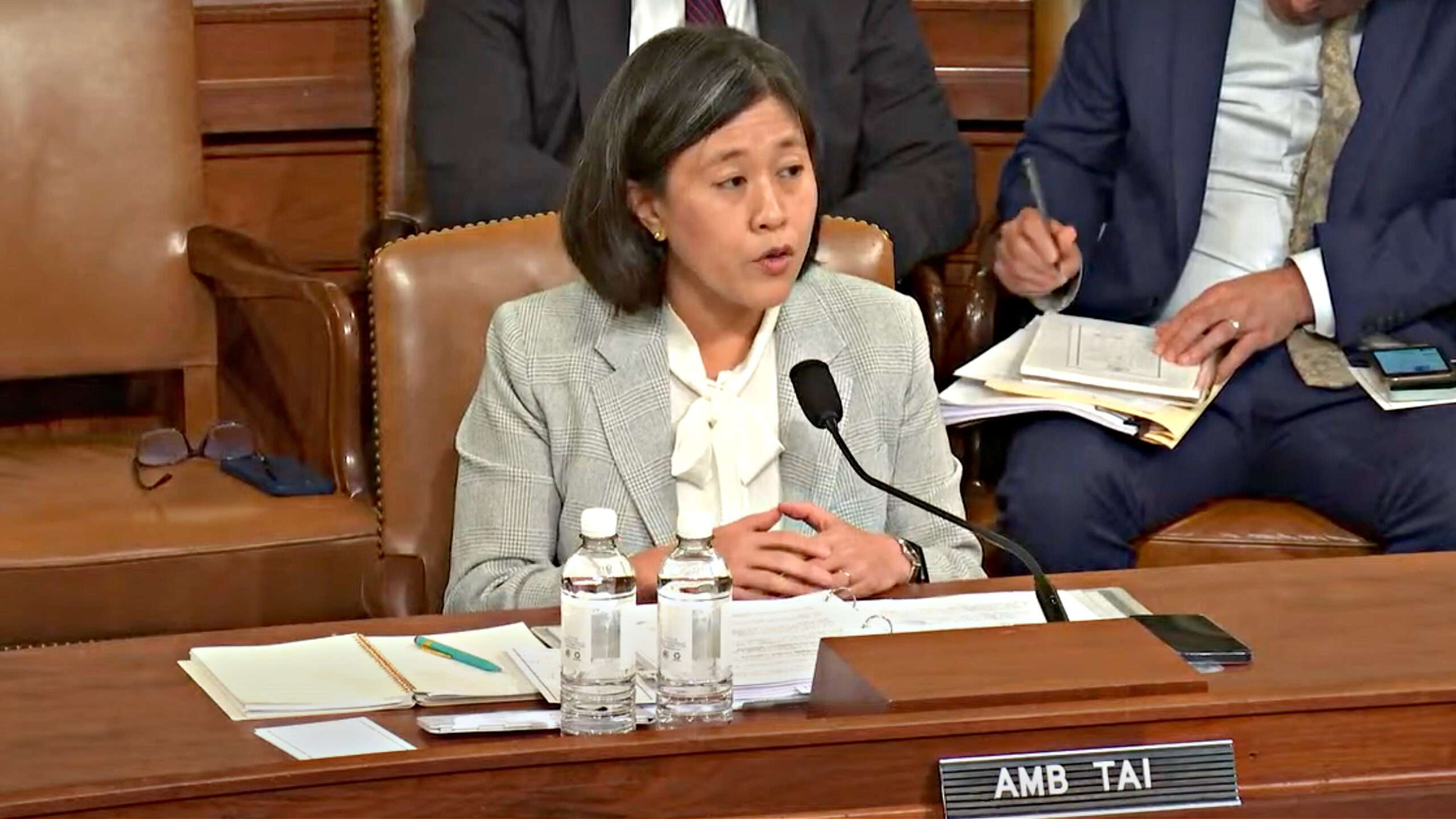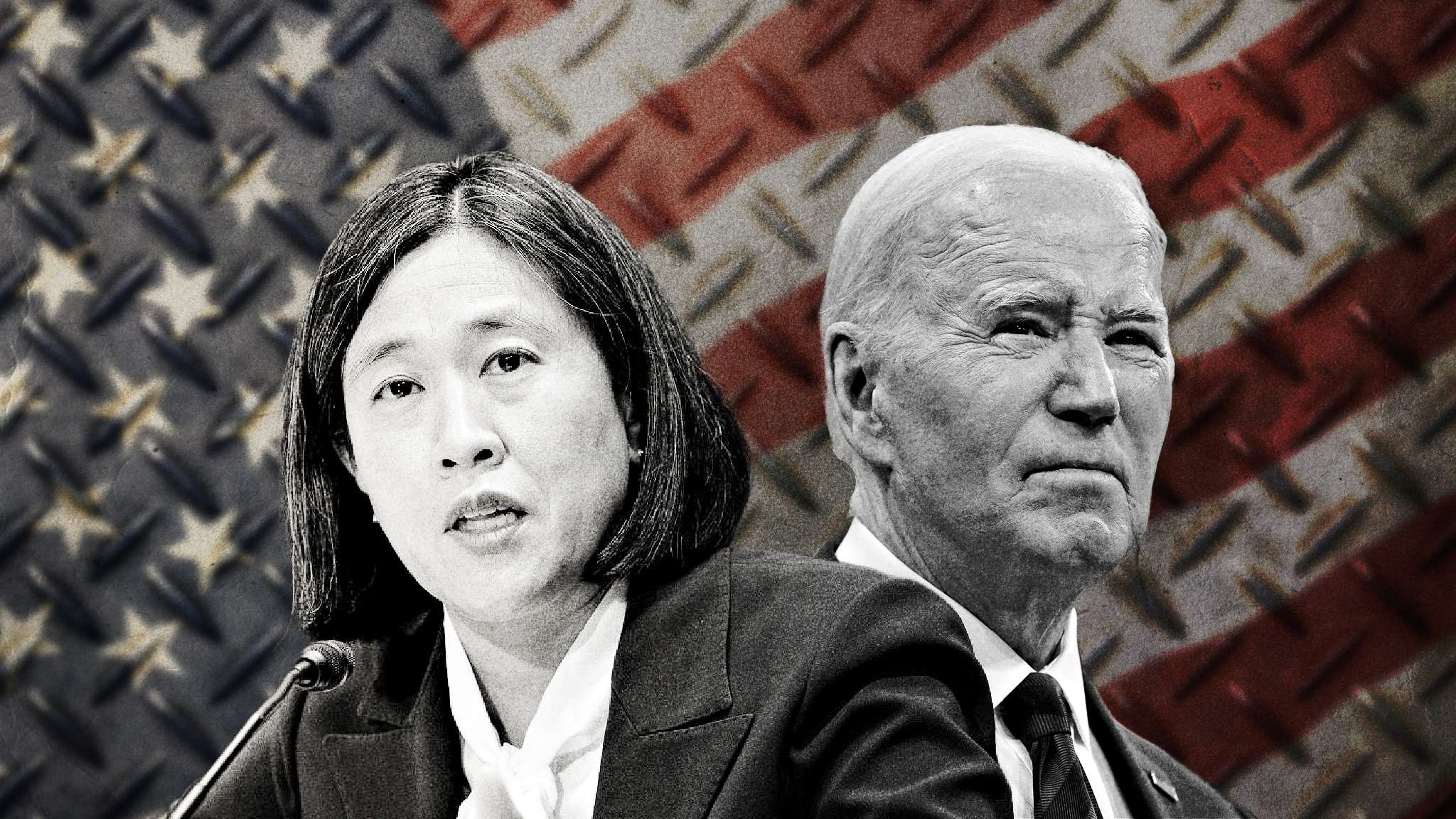
U.S. Rep. Richard Neal anticipates playing an “important role” in Congress opposing theTrans-Pacific Partnership trade deal, should it come to a vote before the end of the year.
[Shira Schoenberg| August 8, 2016 |MassLive]
The free trade deal between the U.S. and Pacific Rim nations is a major potential legacy of President Barack Obama, a Democrat.
But both Republican presidential nominee Donald Trump and Democratic presidential nominee Hillary Clinton oppose it. Some advocates of the deal have suggested that a lame-duck session of Congress could vote before Obama leaves office in January.
Neal, a senior member of the powerful House Ways and Means Committee, has been telling constituents he plans to vote against the Trans-Pacific Partnership and could play an important role in Congress when the issue comes up.
“Congressman Neal strongly agrees with Secretary Clinton that any new trade deals must create good American jobs, raise wages, and advance our national security,” said William Tranghese, a spokesman for Neal, D-Springfield. “As a result, he will not vote in favor of TPP as it stands today. Given his leadership role on the House Ways and Means Committee, he will play an important role in Congress when this critical issue comes up for a vote later this year.”
In a July letter to Massachusetts AFL-CIO President Steven Tolman asking for Tolman’s endorsement and support for Neal’s reelection bid, Neal voiced the same sentiments opposing the Trans-Pacific Partnership.
Neal said he would continue to work with the Ways and Means Committee to shape the agreement, as he has with other trade agreements in the past.
The trade deal would phase out tariffs and open up markets. It imposes new environmental and labor standards on nations that include Japan, Vietnam, Australia, Mexico and others.
The Obama administration says the deal will make it easier for Americans to sell their products abroad by eliminating taxes and other trade barriers. It also sets standards in areas such as workers’ rights, child labor and corruption.
Opponents of the deal worry that it would make it easier to move U.S. jobs overseas, would eliminate the ability of governments to give preference in buying American-made goods and would not impose high enough standards relating to human rights and the environment. Unions and environmental advocates have driven the opposition to the deal.













